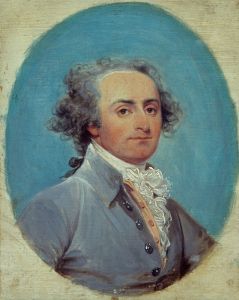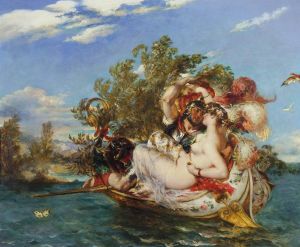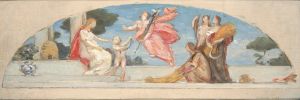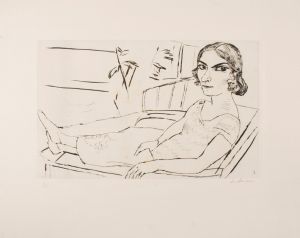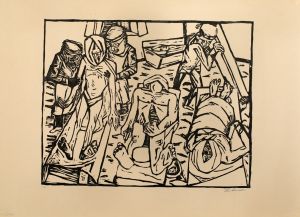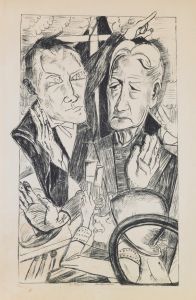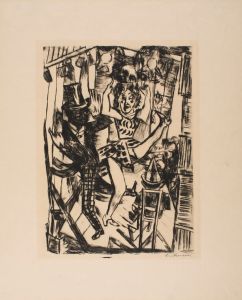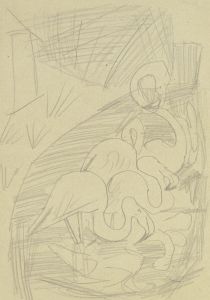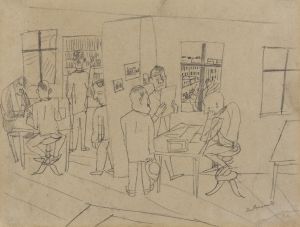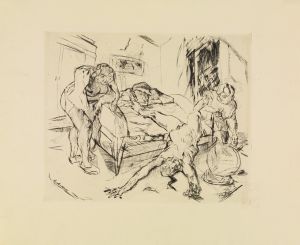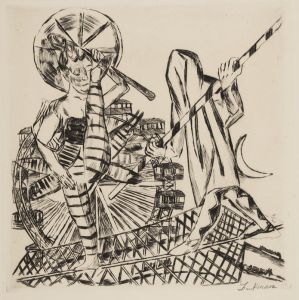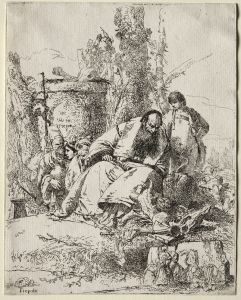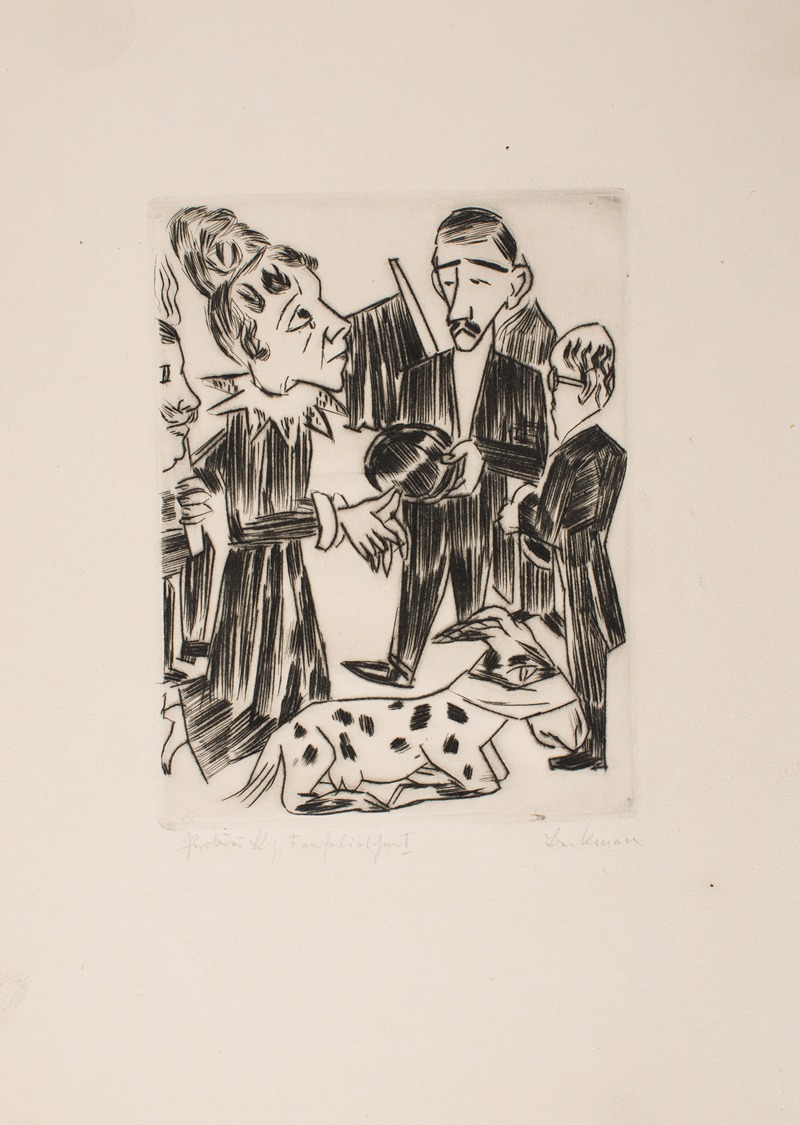
Memorial Services for the Good King Laudamus
A hand-painted replica of Max Beckmann’s masterpiece Memorial Services for the Good King Laudamus, meticulously crafted by professional artists to capture the true essence of the original. Each piece is created with museum-quality canvas and rare mineral pigments, carefully painted by experienced artists with delicate brushstrokes and rich, layered colors to perfectly recreate the texture of the original artwork. Unlike machine-printed reproductions, this hand-painted version brings the painting to life, infused with the artist’s emotions and skill in every stroke. Whether for personal collection or home decoration, it instantly elevates the artistic atmosphere of any space.
"Memorial Services for the Good King Laudamus" is a painting by the German artist Max Beckmann, created in 1942-1943. Beckmann, known for his distinctive style that blends elements of Expressionism and New Objectivity, often infused his works with complex symbolism and narrative depth. This painting is no exception, reflecting the tumultuous period during which it was created.
Max Beckmann was born in Leipzig, Germany, in 1884 and became one of the leading figures in modern art. His career spanned both World Wars, and his work often reflects the social and political upheavals of his time. After being labeled a "degenerate artist" by the Nazi regime, Beckmann fled Germany in 1937, eventually settling in Amsterdam, where he painted "Memorial Services for the Good King Laudamus."
The painting is notable for its rich, allegorical content and its complex composition. Beckmann often used triptych formats, reminiscent of medieval altarpieces, to convey layered narratives. Although "Memorial Services for the Good King Laudamus" is not a triptych, it shares the same narrative complexity and symbolic richness. The painting features a variety of figures and scenes that invite interpretation, often seen as a reflection on power, mortality, and the human condition.
Beckmann's use of bold colors and dynamic forms creates a sense of drama and tension. His figures are often distorted, emphasizing emotional intensity and psychological depth. This style is characteristic of Beckmann's work during his Amsterdam period, where he continued to develop his unique approach to modern art.
The title "Memorial Services for the Good King Laudamus" suggests a ceremonial or ritualistic theme, possibly alluding to themes of leadership, reverence, and remembrance. However, Beckmann's works are known for their ambiguity, and the specific meaning of the painting remains open to interpretation. The "Good King" could be a symbolic figure rather than a reference to a specific historical personage, serving as a vehicle for Beckmann's exploration of broader existential themes.
Beckmann's work often reflects his interest in theater and performance, and this painting can be seen as a stage-like tableau where various characters play their roles. This theatrical quality adds to the painting's enigmatic nature, inviting viewers to engage with its narrative and draw their own conclusions.
"Memorial Services for the Good King Laudamus" is part of Beckmann's broader oeuvre that critiques and reflects on the human experience amidst the backdrop of war and displacement. His work remains influential, celebrated for its ability to capture the complexities of the 20th century through a distinct and powerful visual language.
Max Beckmann continued to paint and teach until his death in 1950. His legacy endures through his contributions to modern art, with works housed in major museums worldwide. "Memorial Services for the Good King Laudamus" exemplifies his ability to blend personal experience with universal themes, making it a significant piece in understanding both his artistic journey and the broader context of his time.





